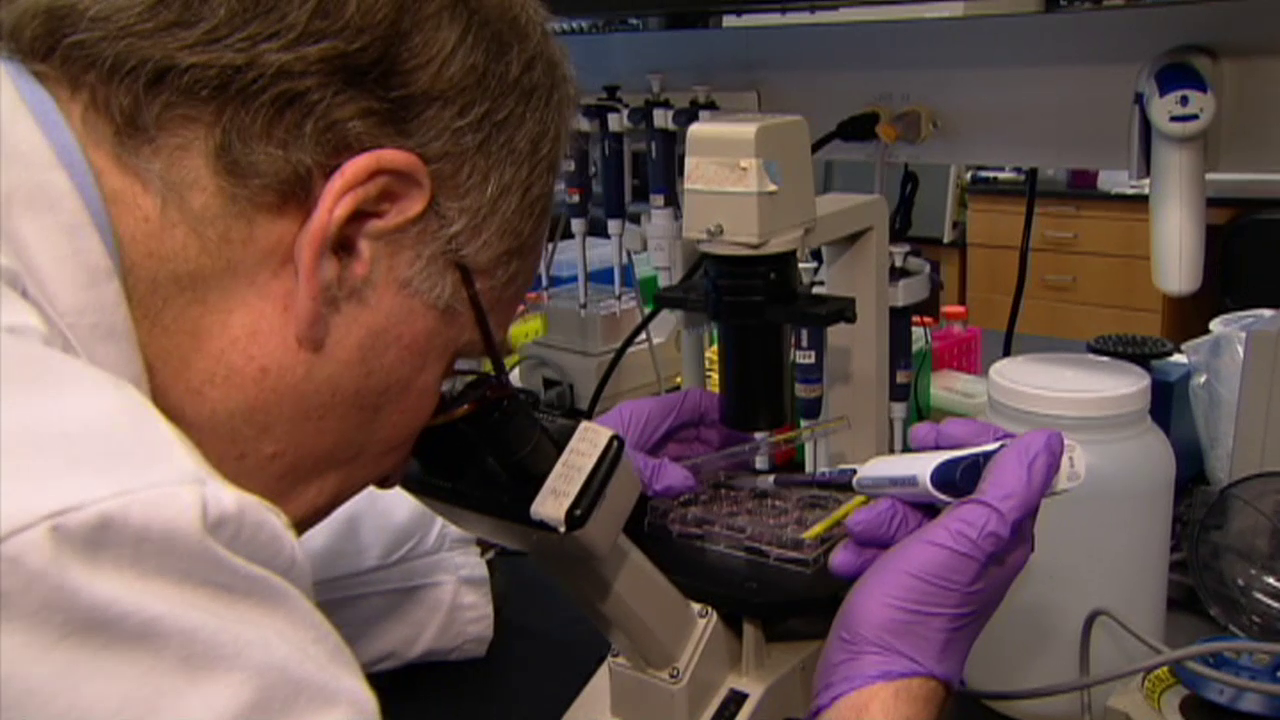
There's a new way to measure age that might prove helpful in assessing an individual's risk of developing cancer, according to a recent Northwestern University study.
It's called epigenetic age, and it offers a molecular-level look at how the body’s organs, tissues and cells are aging.
Researchers found that when a person’s epigenetic age exceeds their chronological age, they have an increased chance of developing and dying of cancer.
But epigenetic age is not something that's easy to calculate. A complicated algorithm does the work, measuring 71 blood DNA methylation markers: clusters of molecules that attach to a gene and determine its responsiveness to the body’s biochemical signals.
While a person’s DNA code never changes, their DNA methylation markers are altered based on their lifestyle choices and environment.
 Dr. Lifang Hou (Northwestern University)
Dr. Lifang Hou (Northwestern University)
“Our lifestyle plays an important role in determining our epigenetic age,” said Dr. Lifang Hou, the study’s senior author. “In particular, our diet, level of physical activity and environmental pollution.”
To conduct the study, researchers examined blood samples of 442 participants collected from 1999 to 2013. All subjects were cancer-free at the start of the study. Scientists discovered that with each one-year increase of a participant’s epigenetic age relative to their chronological age, their risk of developing cancer within three years increased by 6 percent – even more, their risk of dying from cancer within five years increased by 17 percent.
“Epigenetic age is showing the wear and tear on our cells,” Hou said. “If someone is healthy, then their epigenetic age and chronological age should be consistent or linear.”
Of the 442 participants, 132 people developed cancer over the 14-year study period. Those who developed cancer had an epigenetic age about six months greater than their chronological age. Participants who died of cancer had an epigenetic age about 2.2 years older.
Hou is hoping their research will eventually bring down the cancer death rate.
“Cancer is the number two cause of death in the U.S.,” she said. “I think this could help scientists develop a blood test for cancer prediction.”
The blood test used in the study to measure epigenetic age is not yet commercially available. Hou says further research and more expansive studies are necessary before that can happen.
Nevertheless, this new finding is an impactful step towards combating cancer.
Follow Evan Garcia on Twitter: @EvanRGarcia
Related
 Cancer Experts Talk Transformations in Treatment and Care
Cancer Experts Talk Transformations in Treatment and Care
February 24, 2016: New discoveries and treatments are transforming the way doctors are fighting cancer. We speak with two specialists about recent developments that may offer hope for many patients.

